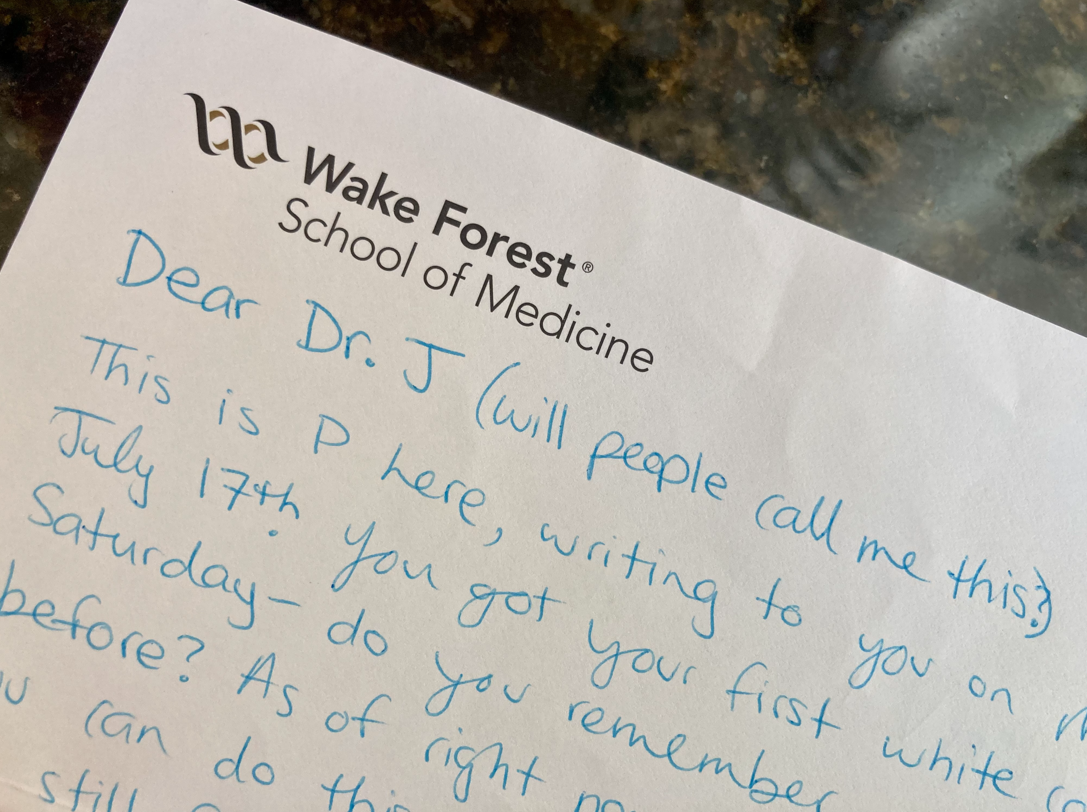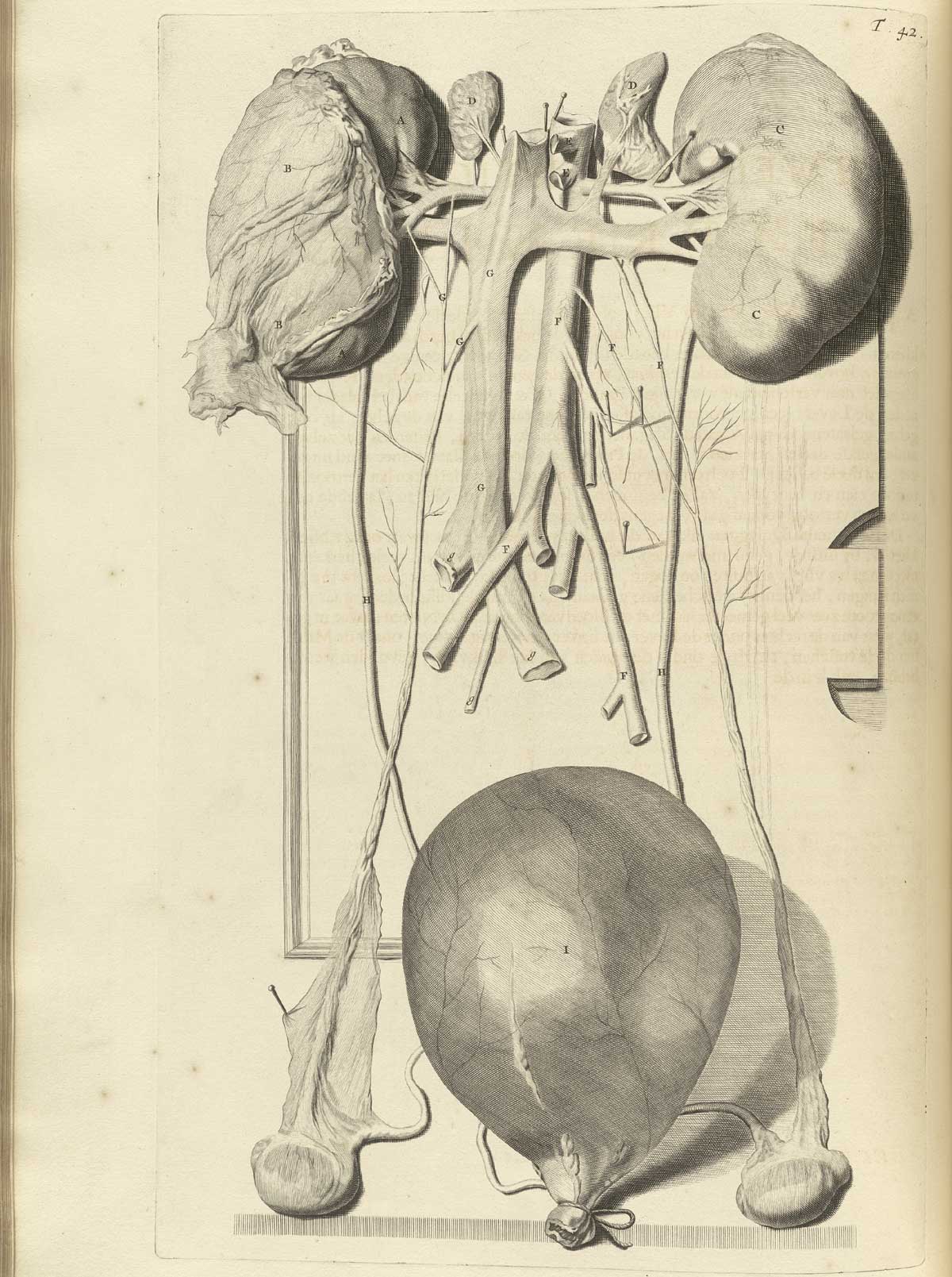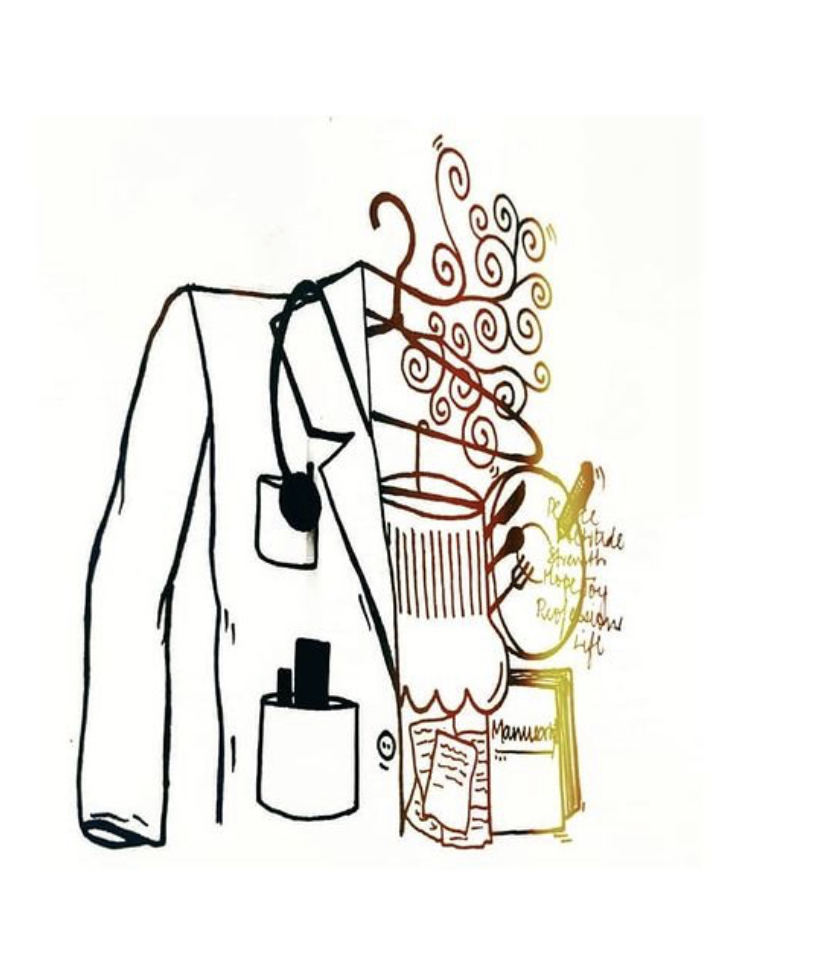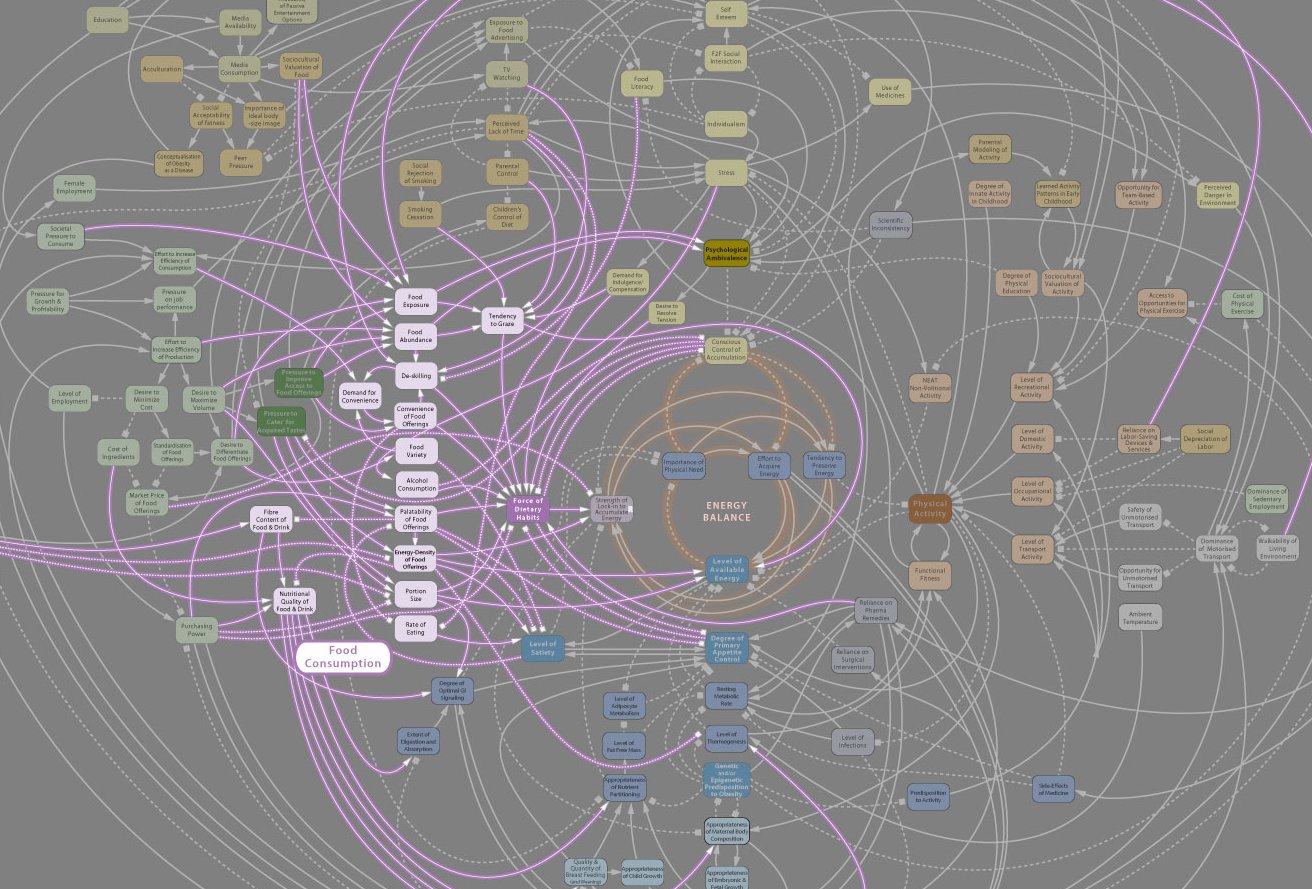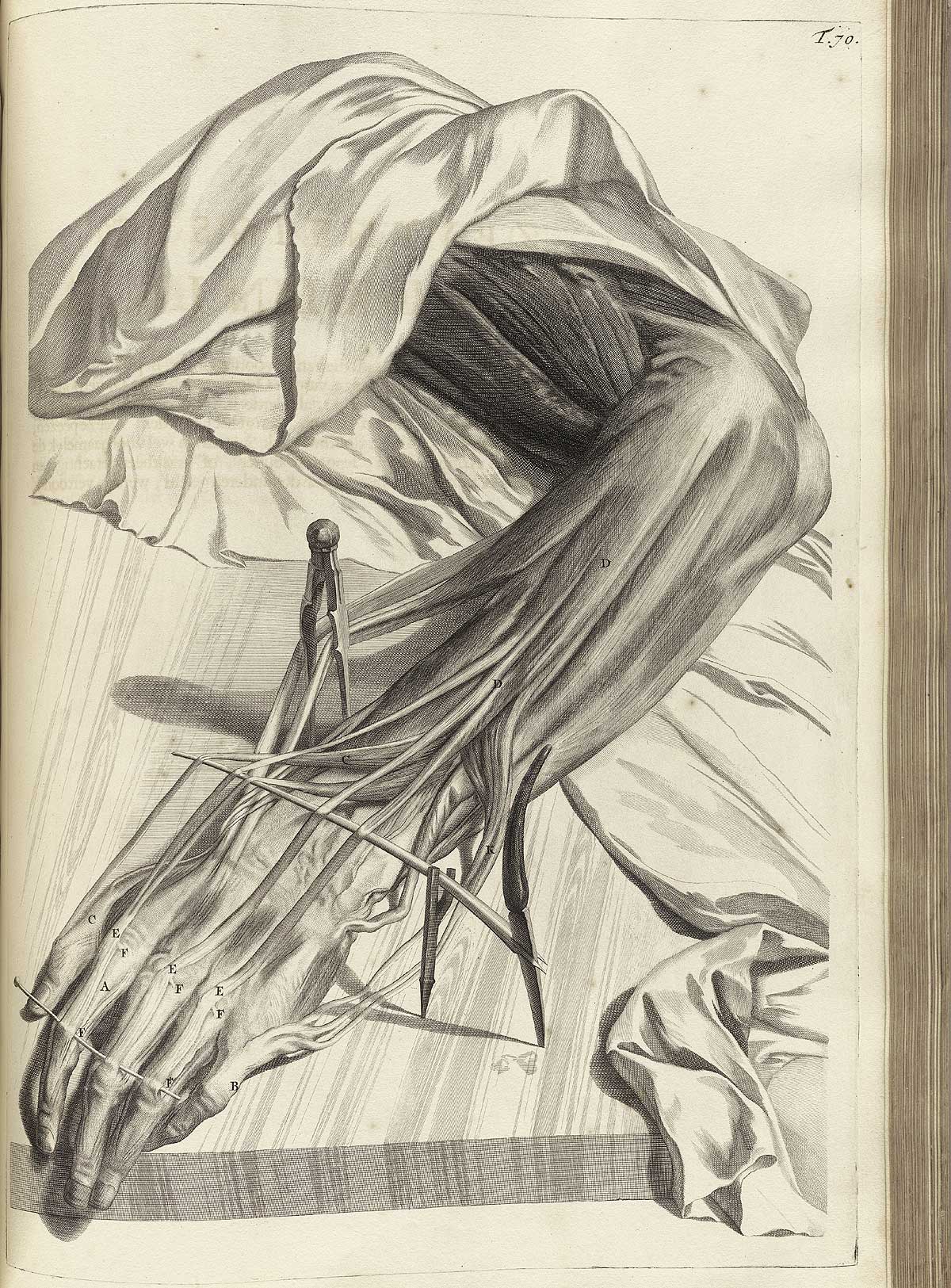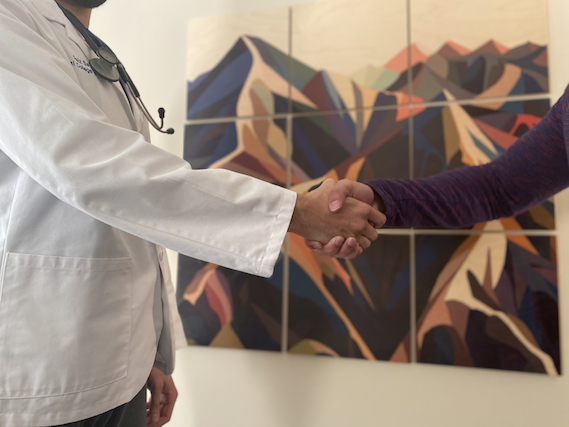Letter to Myself
Instead, I was worried that medicine would consume me only to regurgitate me as a mere collection of cells and systems — just like those I would be expected to regurgitate on the test. I was worried that the demands of knowing it all would make me believe that I could know it all, that there is nothing in the spaces between what we know. I was worried that bathing in science would make me stop believing in art.

